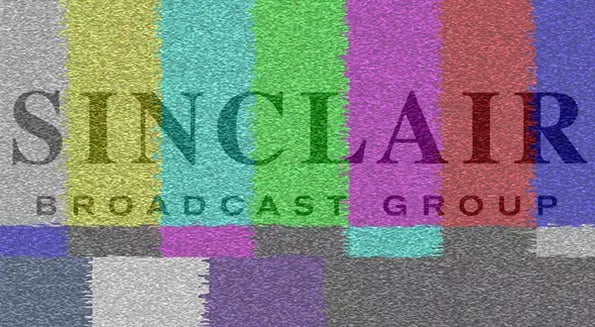Last year, broadcaster Sinclair won conditional approval from the FCC to acquire Tribune Media Co. and create a 233-station broadcast behemoth.

But then, Sinclair refused to sell off its stations to facilitate the deal, prompting Tribune to cancel the merger and demand $1B in damages and shareholder premiums for tanking the deal.
After making friends with the FCC, Sinclair got greedy
Back in 2017, Tribune was a media darling courted by Sinclair, Nexstar, and other big bad broadcasters. In the end, Sinclair (the largest company in the broadcasting industry) won Tribune over with $3.9B offer.
Then, despite antitrust criticism, the FCC gave them conditions to approve the deal, positioning Sinclair to broadcast to 72% of homes as long as it sold off a few channels.
But, after the FCC’s conditional approval (which required the FCC to change broadcast ownership law to allow the deal), Sinclair pushed its luck by refusing to divest the stations as recommended by regulators.
The FCC threw Sinclair a bone, not a whole steak
When Sinclair refused to play by the FCC’s rules, Chairman Ajit Pai sent the deal to a administrative law judge, essentially closing the door on their hopes of approval.
Furious that Sinclair gambled away an almost-done deal, Tribune chose to call the deal off rather than appeal — and sue its former merge-mate for $1B in damages and lost premiums.
Now that the deal is dead, Sinclair will likely pursue other local broadcasters — although it will be more difficult to do so while it combats Tribune’s lawsuit. Meanwhile, Tribune’s back on the market.

